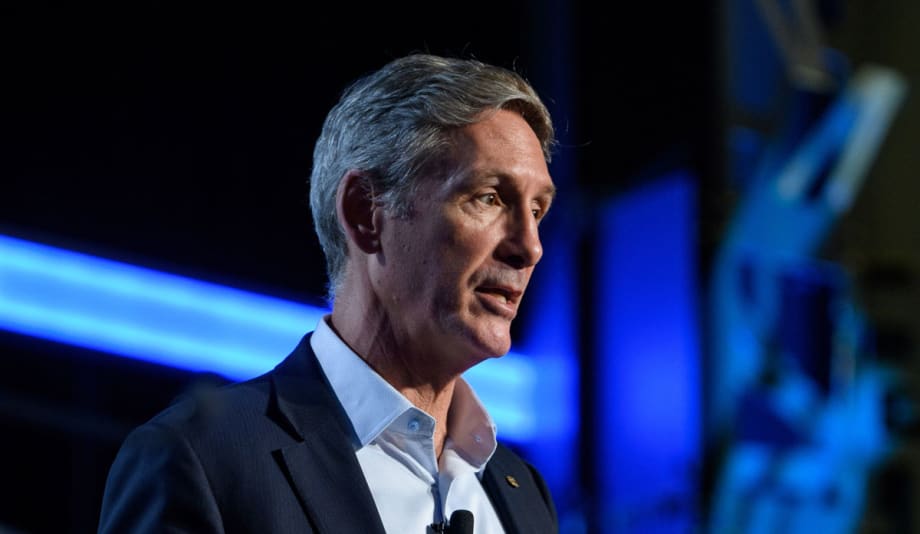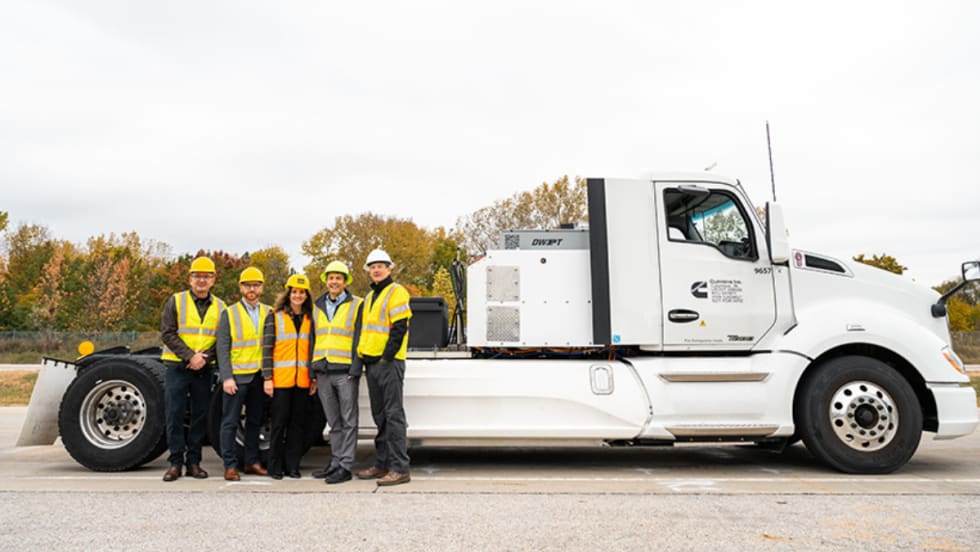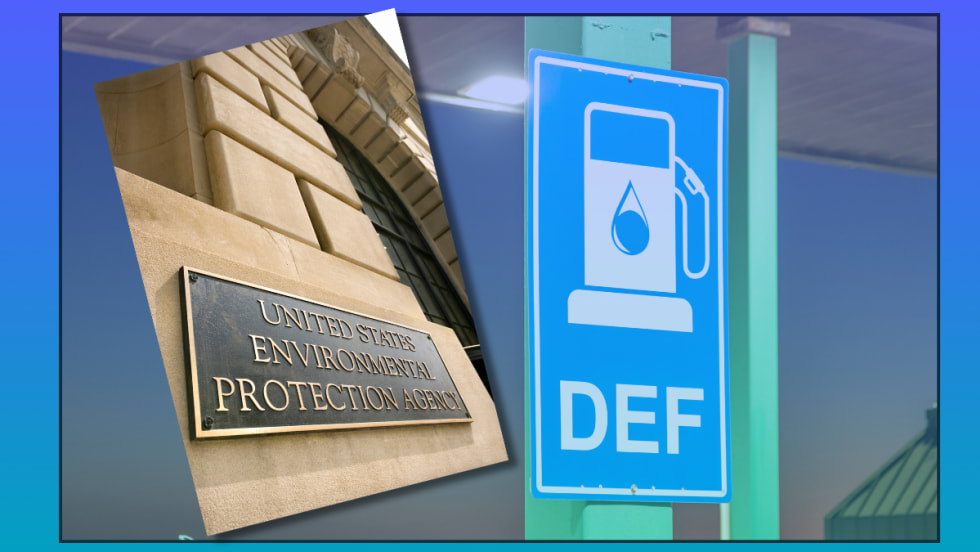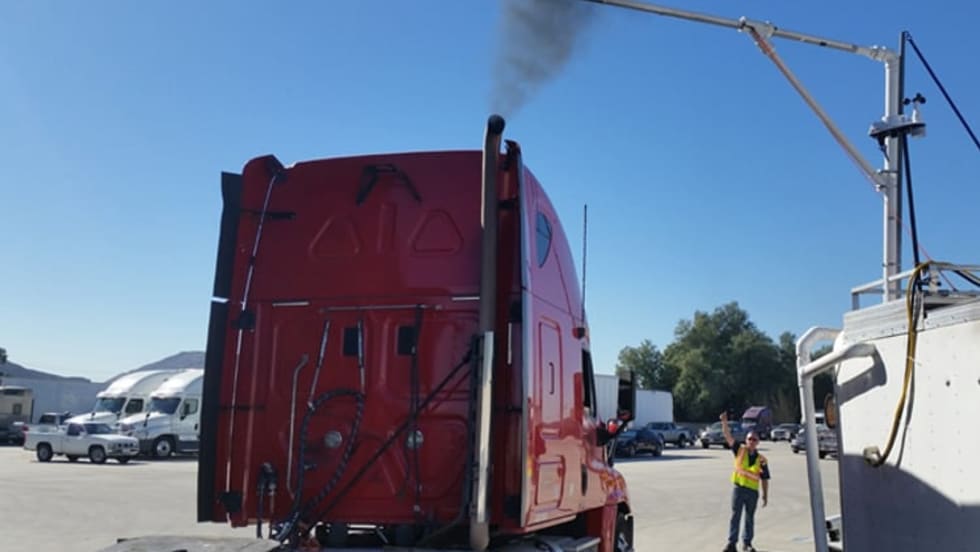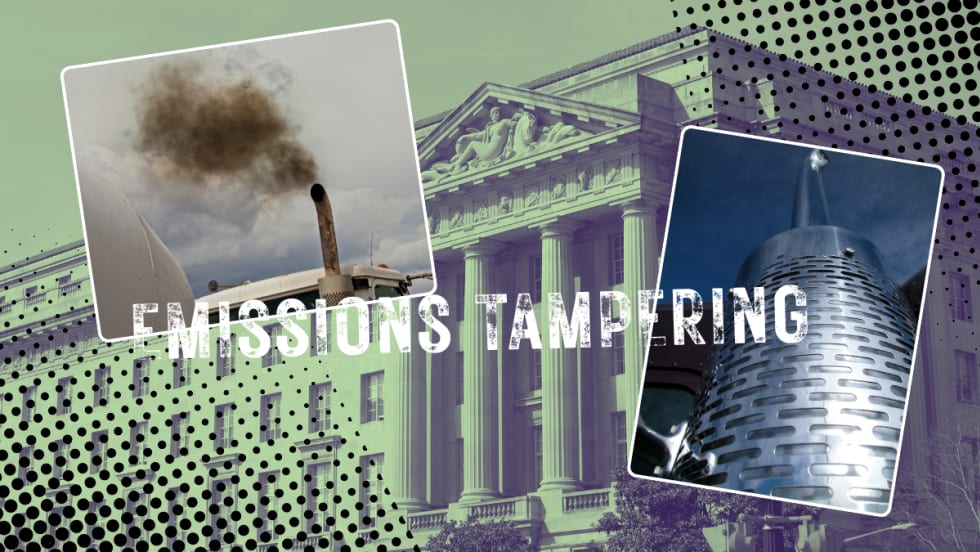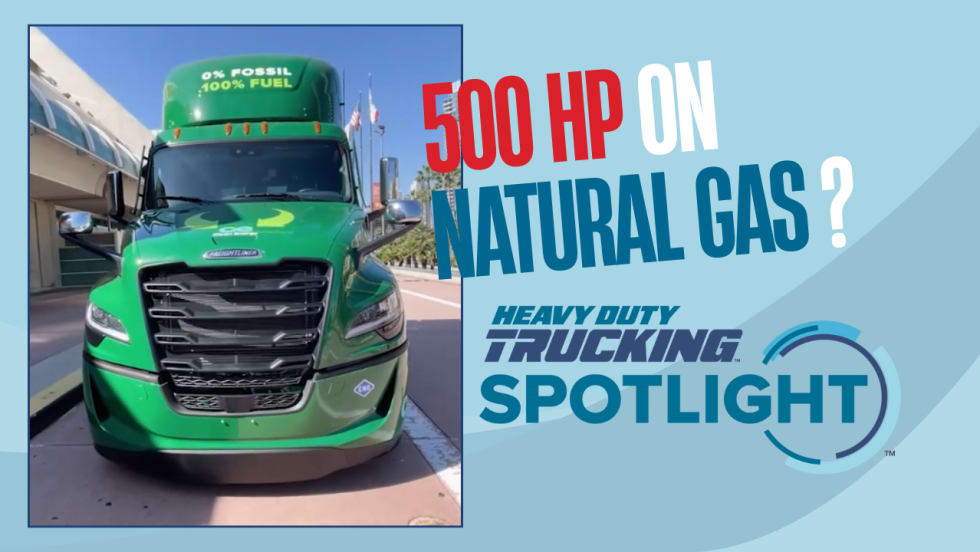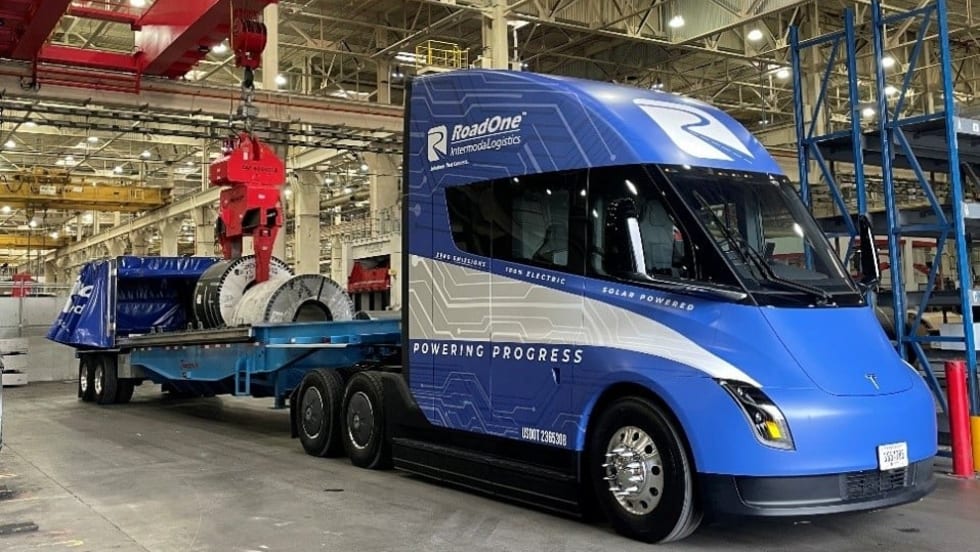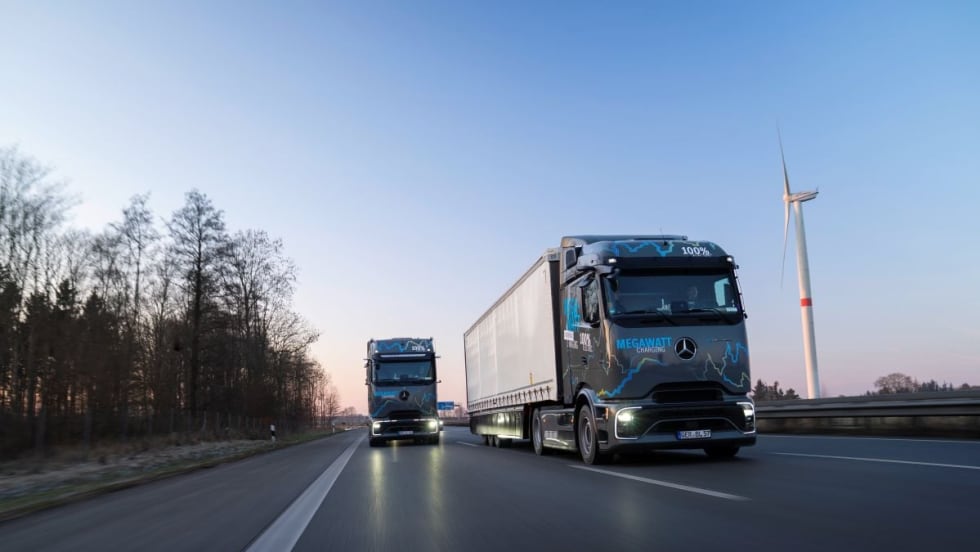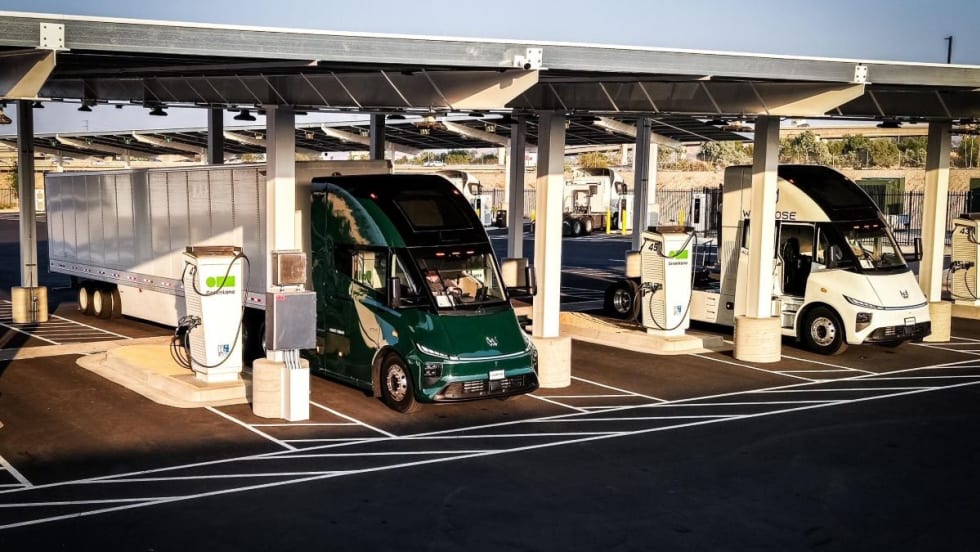Although much progress toward a net-zero-carbon-emissions trucking industry has been made, the industry is still moving too slow.
“We’ve got to move faster for the sake of our kids and grandkids,” said Cummins CEO Tom Linebarger during the closing keynote at the Advanced Clean Transportation Expo (ACT Expo) on May 11.
Linebarger said that in terms of a mission statement, Cummins is committed to “making people’s live better by powering a more prosperous future.”
“In other words, we want to help our customers build wealth,” he explained. “And we do that all over the world. In fact, our challenge is to work in multiple applications in multiple nations dealing the multiple regulations. We are trying to solve problems all over the world. And that puts Cummins in a unique position to help make sure we don’t destroy the planet we live on — even though Cummins engines alone have created a measurable part of the carbon in our atmosphere today.
“And I, for one, do not want to have to explain to my grandchildren one day that I did nothing while the planet got hotter. Climate change is the existential crisis of our lifetime. And we have to do better in meeting that challenge.”
That challenge, in Linebarger’s view, is to create environmentally friendly products for the trucking industry that work exactly the same as conventional products today, that are the exact same size, maintained in the exact same way, and cost the same amount. “And we’ve gotta get after that,” he added. “We need to meet all of our customer requirements in a way that helps them decarbonize and get to zero emissions by 20250. And there has to be a path to net zero. Because if we don’t get there, we create some pretty significant problems for the planet.”
To do this, Linebarger urged the trucking industry to start sooner, rather than later, down the path to net zero, noting that doing so resulting in a more cumulative reduction of carbon.
Multiple Clean Energy Solutions
For its part, Linebarger said Cummins is busy advancing all viable clean energy solutions at once.
“I can’t give you a battery-electric long-haul truck with the range of a diesel truck today, right now,” he said. “I’d like to. But I can’t. But what I can do is give you a natural gas internal combustion engine that will perform just like you want it to.”
And, in fact, at ACT Expo Cummins featured its new X15N natural gas engine for heavy-duty truck applications. It highlighted its new “fuel-agnostic” engine platform that will result in the development of multiple engine models on the same base engine design.
Looking ahead, Linebarger said he had no idea which technologies will dominate in what applications for trucks. “Batteries will win out for passenger cars — hands down,” he predicted. “Hydrogen looks like a better fit for mining trucks. But in long-haul applications, things aren’t so clear. There are good reasons to think that either technology path might win out. Fuel cells are advancing quickly. But hydrogen as a combustible fuel might be more viable soon. (Cummins also unveiled a hydrogen version of its X15 it said could be available in five years.)
“But we don’t know. We are advancing all of these technologies at the same time. It’s not cheap. But that’s what we’re doing.”
Needs Beyond the Vehicle
And, of course, Linebarger noted, the vehicle aspect of the quest to net zero is only one side of the equation.
“Converting all of the infrastructure to an all-renewable electric grid will cost multiple trillions of dollars in the U.S. alone,” he said. “On top of that, we need a power grid that is twice the size of the one we have today. This is going to be a big job, and it’s not going to be cheap. We still have to figure out the technologies we’re going to use — and who is going to pay for all of that. And everyone is good with all of that — as long as they’re not the one paying for it. We need to work with government to solve that problem. Everyone likes the idea of a fuel cell truck — until someone has to pay to develop the technology.”
Still, Linebarger said, Cummins is moving fast on the quest to net zero. “We think that we will grow and be more profitable because we are leaning into decarbonization,” he said. “We think we will be able to provide good solutions to you, that will help you do better than your competitors. But spending twice as much money for the same number of trucks you’re currently running is not the right first step in this journey. The reason we think we can accomplish these goals is because Cummins’ entire history has been building engines good enough that we can convince OEMs that customers won’t buy their truck unless our engines are in them. So our philosophy has always been that our engines have to be better — otherwise why would anyone opt for them over a proprietary engine?”
Good, collaborative, relationships with both fleets and suppliers will be key in the race to net zero, Linebarger added. “We all need to share costs, risks and profits,” he concluded. “At Cummins, we’ve always had to do that to live. And that’s what we’re going to do now to meet this new challenge.”




